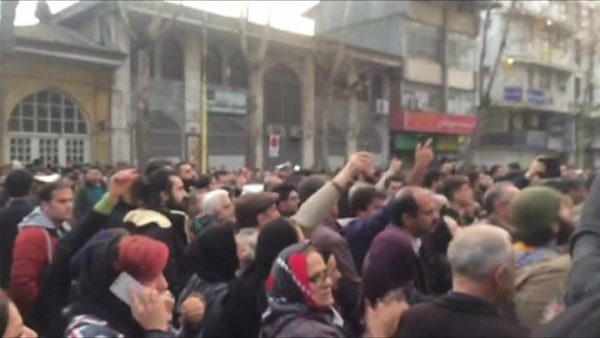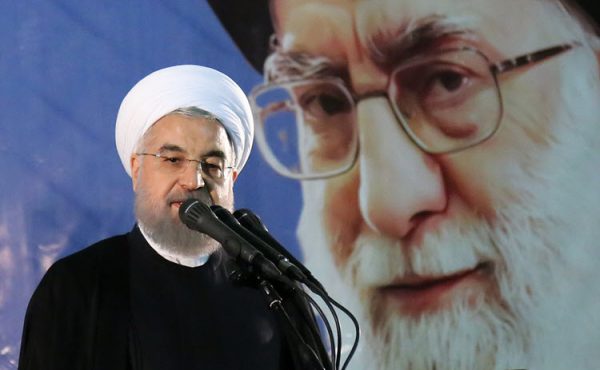
Ellen R. Wald, contributor
During this holiday week, much of the world may not have noticed, but there are protests being staged in Iran. Over the last few days, Iranians have taken to streets in anger. They are protesting high levels of unemployment (12.4%) and a stagnant economy with inflationary prices. They are also protesting extended overseas military engagements by Iranian forces, particularly in Syria. The regime is desperate to stop the unrest.
Iran’s governmental system establishes bifurcated rule. The most powerful part is the unelected, autocratic religious establishment. The other part is the semi-democratic political apparatus. Only certain politicians are permitted to run for office, but the elections that are held are often essentially fair. The president sits at the top of the political part of the government. For the politicians, these protests are a major threat because the political class is seen as the entity responsible for the economic well being of the country.

In truth, though, it is the autocratic religious establishment that exercises ultimate control and is responsible for the underlying causes of the economic and military problems that Iran faces today. The religious establishment sets foreign policy and it is responsible for Iran’s involvement in wars in Syria and in Iraq over the last few years. It is also preventing Iran’s economy, and particularly its oil industry, from recovering from international sanctions. The autocratic religious establishment has placed unrealistic rules on foreign investment, which is much needed to modernize the energy industry infrastructure. It requires Farsi to be used in international negotiations, and imposes unreasonableconditions on leases that limit the profitability of foreign investment. It is also responsible for creating a hostile environment for foreign business by antagonizing the United States and other countries and, in particular, arresting and detaining foreign nationals (including businessmen) under false espionage charges.
The people of Iran have protested before since the 1979 revolution. Most notably, hundreds of thousands of mostly young Iranians took to the streets in the 2009 Green Revolution. In 2009, the world did nothing when the political protestors were beaten, arrested and even killed. If the people of Iran are going to discard the current repressive regime, it will because the people and their families are hurting. This is why they are speaking out now. Is the world even listening?
Ellen R. Wald, Ph.D. is a historian & consultant on geopolitics & energy. She is a Non-Resident Scholar at the Arabia Foundation. Her book, Saudi, Inc., will be published in 2018.
FORBES

Leave a Reply
You must be logged in to post a comment.